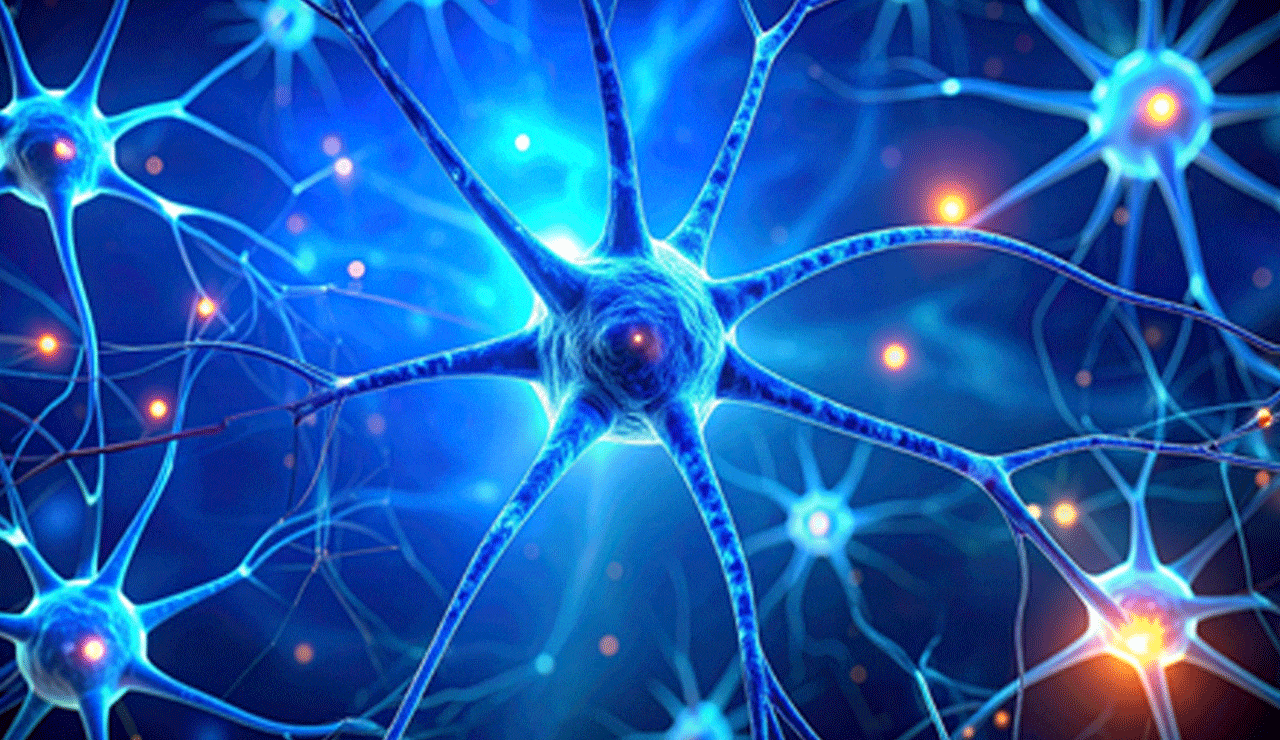Study shows impact of weight loss drugs on nerve cells in brain
A groundbreaking study by Swedish researchers has revealed how weight loss drugs like semaglutide affect nerve cells in the brain and influence appetite and fat loss.

New Delhi: A groundbreaking study by Swedish researchers has revealed how weight loss drugs like semaglutide affect nerve cells in the brain and influence appetite and fat loss.
Semaglutide and Its Role in Weight Loss
Semaglutide is a GLP-1R agonist, widely used to treat obesity and type 2 diabetes. It has proven effective in reducing food intake and body weight, although it is often associated with side effects such as nausea and muscle loss.
Tracking Brain Cell Activation in Mice
Researchers at the Sahlgrenska Academy, University of Gothenburg, conducted the study using mice. They monitored which nerve cells were activated by semaglutide and then stimulated those cells directly—without administering the drug.
Key Findings: Appetite Control Without Side Effects
The study, published in Cell Metabolism, found that:
- Stimulating the identified nerve cells led to reduced appetite and weight loss.
- When these nerve cells were destroyed, the drug’s positive effects significantly diminished.
- Importantly, side effects such as nausea and muscle loss remained even after targeting those cells.
Targeting Specific Nerve Cells for Better Treatments
“This suggests that these nerve cells control the beneficial effects of semaglutide,” said Júlia Teixidor-Deulofeu, lead author and Ph.D. student at Sahlgrenska Academy. “If we can target treatment to these cells, we may maintain the positive outcomes while minimizing side effects.”
Nerve Cells Located in the Dorsal Vagal Complex
The team identified these specific nerve cells in a region of the brain called the dorsal vagal complex. This area plays a key role in the body’s regulation of energy balance.
A Step Toward More Effective Obesity Treatments
The findings offer a new understanding of how semaglutide works in the brain and represent an important step toward the development of improved weight loss treatments that minimize adverse effects.
Insights Into Brain’s Role in Energy Regulation
Beyond its implications for obesity treatment, the research also sheds light on how the brainstem regulates energy balance, offering broader insights into appetite control and metabolism.
